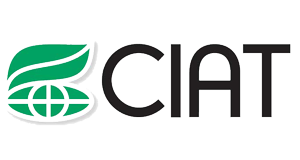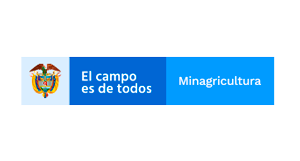Technological innovation platforms for smallholding farming
The project was aimed at supporting, at the local level, in Colombia and Honduras, the methodological strengthening of innovation networks that work in the development of sustainable agriculture, adapted to climate change and with less GHG emissions.
Context of the story
A development challenge is how to promote technological innovation that improves climate change adaptation and farmer’s food security. Innovation is not based on a linear process of dissemination of technologies but on creative participation based on new learning. The networks, which constitute a facilitation locus for participatory generation of technological and organizational innovations, require appropriate methodologies to be more efficient in their role promoting a sustainable, resilient and climate-adapted agriculture with food security and benefits from the reduction of GHG emissions.
More efficient innovation platforms
The implemented initiative
Implemented by CIAT in Popayán, Colombia and in the Dry Corridor of Honduras, where there are networks made up of NGOs, CIAT and producers, the objective was to strengthen them by acquiring new knowledge and skills on climate change adaptation, productivity and food security. Appropriate facilitation tools and practices were tested. In Colombia, an educational institution was added and in Honduras the Agricultural Science and Technology Directorate, DICTA, participated. FONTAGRO channeled the financing.
Platforms as a forum for technological innovation
The technological solution
A process was developed with local networks to promote sustainable and climate-adapted agriculture, which included the diagnosis of strengths, weaknesses, opportunities and challenges of the farms and limitations for innovation, prioritization of technological and organizational options and their evaluation through the ASAC performance calculator under different climatic scenarios, testing of options in farmer field schools and validation by quantifying changes in knowledge, adoption and performance of innovations. The network strengthening process uses a participatory approach that mobilizes actors at each stage and is based on activities such as literature review, interviews and focus group work, simulation of the effect of the proposed technologies on food security, resilience, and GHG emissions, testing of new technologies on farms, field visits, and exchange between producers.
I thank the farmers for their dynamism and willingness to try new technologies as well as new monitoring methodologies.
Results
A methodology for the strengthening and monitoring of innovation platforms for the adaptation of agriculture to climate change and the mitigation of GHG emissions. It includes indicators of the coordination between actors, the increase of producers' knowledge about climate change and the trade-offs between production, adaptation and reduction of GHG emissions. The methodology developed will allow collaborative work between producers and researchers to promote, through innovation, sustainable and resilient agriculture adapted to the evolution of climate change at the local level. The methodology has already been included in the CCAFS program in its 36 study sites in Latin America, Africa and Asia.

 Back to the project
Back to the project Colombia
Colombia Honduras
Honduras







